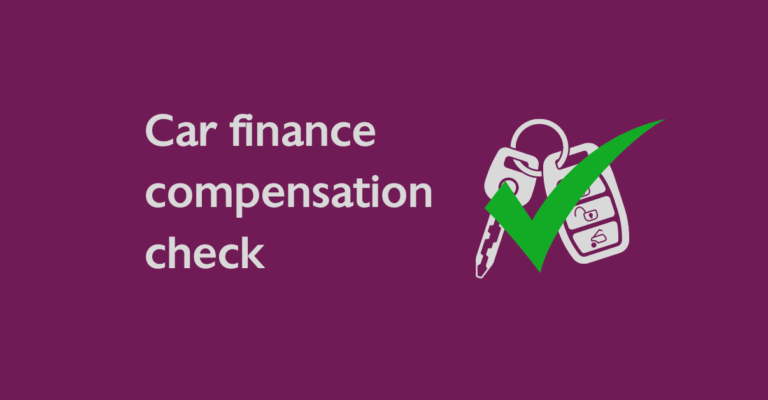In recent years, the automotive finance sector has witnessed a surge in PCP claims, reflecting growing consumer awareness and a demand for transparency in financial agreements. Personal Contract Purchase (PCP) agreements, while popular for their flexibility, have come under scrutiny for potential mis-selling and undisclosed commissions. This article delves into the intricacies of PCP claims, their implications, and the broader context of car finance disputes.
What Are PCP Claims?
PCP claims arise when consumers allege that they were mis-sold a PCP car finance agreement. Mis-selling can occur through various practices, including:
- Undisclosed Commissions: Dealers receiving commissions from lenders without informing the buyer, leading to inflated interest rates.
- Lack of Transparency: Failure to clearly explain the terms of the agreement, such as balloon payments or mileage restrictions.
- Unsuitable Financial Products: Offering finance agreements that do not align with the consumer’s financial situation or needs.
Such practices have led consumers to seek redress through PCP claims, aiming to recover losses or secure compensation for unfair agreements.
The Broader Context of Car Finance Claims
While PCP claims are a significant aspect of car finance disputes, they are part of a wider landscape of car finance claims. These claims encompass various issues, including:
- Hire Purchase (HP) Agreements: Similar to PCP, HP agreements have faced scrutiny for potential mis-selling and lack of transparency.
- Excessive Charges: Consumers challenging high fees for exceeding mileage limits or early termination of contracts.
- Misrepresentation: Cases where the terms of the finance agreement were not accurately presented to the consumer.
The rise in car finance claim underscores the need for greater transparency and ethical practices within the automotive finance industry.
Recent Developments in PCP Claims
The Financial Conduct Authority (FCA) has been actively investigating the car finance sector, particularly focusing on undisclosed commissions and mis-selling practices. In 2021, the FCA banned discretionary commission models, which allowed dealers to set interest rates to increase their commissions. This move aimed to protect consumers from unfair practices and enhance transparency in car finance agreements.
Recent court rulings have further reinforced the rights of consumers. For instance, a Court of Appeal decision in October 2024 deemed undisclosed commissions in car finance agreements unlawful, potentially paving the way for a significant number of compensation claims.
Steps to Pursue a PCP Claim
If you believe you have been mis-sold a PCP agreement, consider the following steps:
- Review Your Agreement: Examine the terms of your PCP contract to identify any undisclosed commissions or unclear terms.
- Gather Evidence: Collect all relevant documents, including correspondence with the dealer or lender, and any promotional materials provided at the time of sale.
- Seek Professional Advice: Consult with legal experts or claims management companies specializing in car finance claims to assess the validity of your case.
- File a Complaint: Submit a formal complaint to the finance provider, outlining your concerns and the resolution you seek.
- Escalate if Necessary: If the finance provider does not address your complaint satisfactorily, escalate the matter to the Financial Ombudsman Service or seek legal recourse.
The Importance of Transparency and Consumer Awareness
The proliferation of PCP claims highlights the critical need for transparency in car finance agreements. Consumers should be fully informed about the terms of their agreements, including any commissions paid to dealers, interest rates, and potential charges.
Consumer education plays a vital role in this context. By understanding their rights and the specifics of finance agreements, consumers can make informed decisions and protect themselves from potential mis-selling. Resources such as the Money Saving Expert’s free reclaim tool can assist consumers in navigating the claims process without incurring additional costs.
The Role of Regulatory Bodies
Regulatory bodies like the FCA are instrumental in enforcing transparency and fairness in the car finance sector. Their ongoing investigations and regulatory changes aim to protect consumers and ensure ethical practices within the industry.
For instance, the FCA’s ban on discretionary commission models has been a significant step towards eliminating conflicts of interest and ensuring that consumers receive fair and transparent finance agreements.
Conclusion
The rise in PCP claims and broader car finance claims underscores the necessity for transparency, ethical practices, and consumer education in the automotive finance industry. As consumers become more aware of their rights and the specifics of their finance agreements, the industry is compelled to adopt fairer practices and enhance transparency.
By staying informed and vigilant, consumers can navigate the complexities of car finance agreements, safeguard their interests, and contribute to a more transparent and equitable automotive finance sector.


